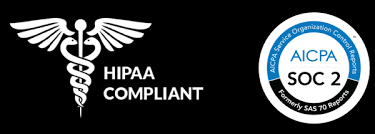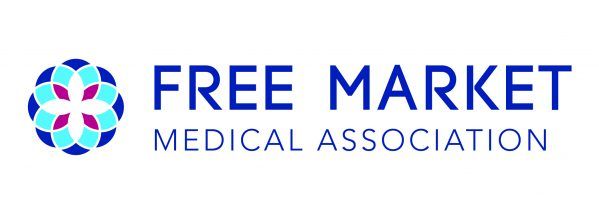ERISA & ACA Compliance for Self-Funded Plans

Self-funded health plans, where employers directly assume the financial risk for employee healthcare costs, have become increasingly popular. These plans differ significantly from fully insured plans, where an insurance company bears the financial risk.
ERISA and Self-Funded Plans
The Employee Retirement Income Security Act of 1974 (ERISA) is the primary federal law governing self-funded health plans. ERISA sets minimum standards for employee benefit plans, including:
- Fiduciary Duties: Plan sponsors (employers) have a legal obligation to act in the best interests of plan participants.
- Reporting and Disclosure Requirements: Employers must provide participants with certain information about their plan, such as summary plan descriptions and annual reports.
- Claims Procedures: ERISA establishes guidelines for how claims must be processed and appealed.
- Prohibited Transactions: Certain transactions between plan assets and parties in interest (such as plan sponsors or their affiliates) are prohibited.
Key Points Regarding ERISA and Self-Funded Plans:
- ERISA Preemption: ERISA generally preempts state laws that relate to employee benefit plans. This means that self-funded plans are generally exempt from state insurance regulations.
- State Law Exceptions: There are some exceptions to ERISA preemption. States may have laws that:
- Regulate specific benefits: Some states may require certain benefits to be covered in self-funded plans, such as maternity leave or prescription drug coverage.
- Impose taxes or fees: Some states may impose taxes or fees on self-funded plans.
- Enforce consumer protection laws: States may have laws that protect consumers from unfair or deceptive practices, which may apply to self-funded plans.
ACA Compliance for Self-Funded Plans
The Affordable Care Act (ACA) has significant implications for self-funded health plans, even though they are generally exempt from the ACA's insurance market reforms. Key ACA provisions that apply to self-funded plans include:
- Essential Health Benefits (EHB): Self-funded plans are not required to cover the same set of essential health benefits as fully insured plans. However, many employers choose to offer EHB to attract and retain employees.
- Preventive Care: Self-funded plans must cover preventive care services without cost-sharing for participants.
- Mental Health Parity: The Mental Health Parity and Addiction Equity Act of 2008 (MHPAEA), which is part of the ACA, requires that health plans (including self-funded plans) that offer mental health and substance use disorder benefits must do so in a manner that is comparable to coverage for medical and surgical benefits.
- Dependent Coverage: The ACA allows adult children to remain on their parents' health insurance plans until age 26, and self-funded plans must comply with this provision.
- Grandfathered Plans: Self-funded plans that were in existence before the ACA's enactment may be grandfathered, meaning they are exempt from some of the ACA's requirements. However, grandfathered plans must continue to meet certain conditions to maintain their grandfathered status.
Key Takeaways:
- Self-funded health plans are subject to ERISA, which sets minimum standards for employee benefit plans.
- ERISA generally preempts state laws that relate to employee benefit plans, but there are some exceptions.
- Self-funded plans are not subject to all of the ACA's insurance market reforms, but they must comply with certain provisions, such as those related to preventive care and mental health parity.
- Employers who sponsor self-funded plans should carefully consider the applicable federal and state laws to ensure compliance and minimize their risk.
Disclaimer: This blog post is for informational purposes only and should not be construed as legal or tax advice. The information provided may not be applicable to all situations and may change over time.
Conclusion: Self-funded health plans operate within a complex regulatory framework. Understanding the interplay between ERISA and the ACA is crucial for employers who sponsor these plans. Consulting with legal and/or benefits professionals is highly recommended to ensure compliance and navigate the complexities of these regulations.
Note: This blog post provides a general overview of the regulatory landscape for self-funded health plans. It is not intended to be an exhaustive or comprehensive analysis.



